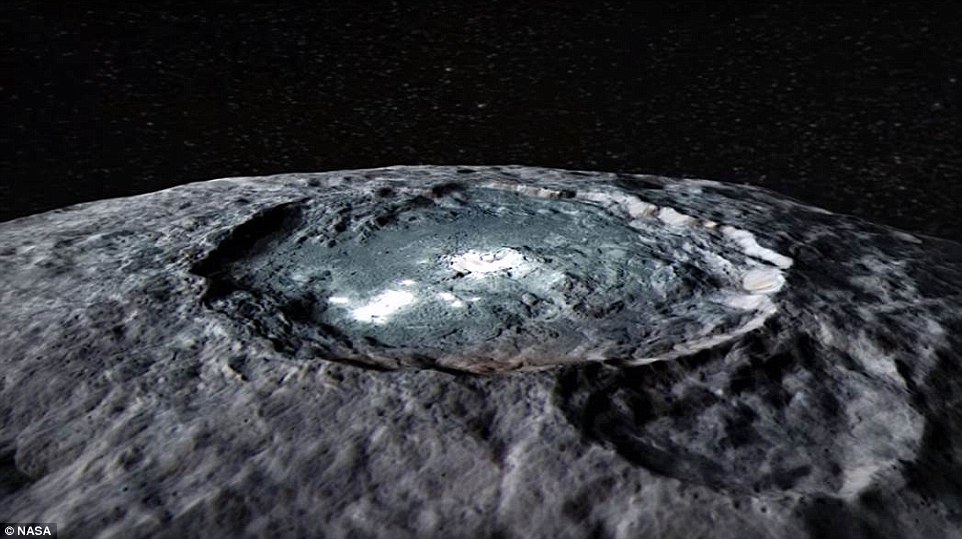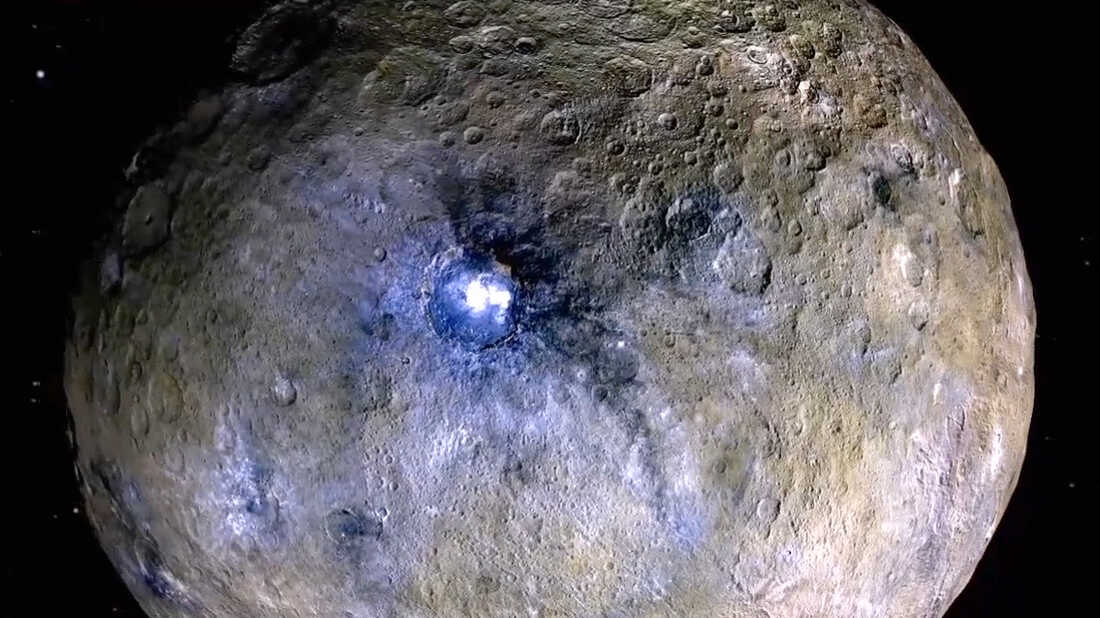A scientific breakthrough has thrust impact cratering into the spotlight, revealing its profound role in unraveling the secrets of extraterrestrial life. Dr. Sarah T. Stewart, a leading expert in Earth and Planetary Sciences, emphasizes the critical link between colossal impacts and the evolution of life, challenging previous notions and igniting a paradigm shift in astrobiological exploration.

Photo from Google
Shaping Planetary Evolution
Impact craters on celestial bodies like the Moon offer a window into planetary dynamics, subsurface composition, and internal structure, crucial for understanding the conditions that foster life. Dr. Stewart underscores the pivotal role of collisions in shaping Earth’s evolution and unlocking the mysteries of our universe.
The infamous Chixculub impact event, responsible for the extinction of 75% of life on Earth, surprisingly provides insights into the potential for extraterrestrial life. Far from inhibiting life, colossal impacts may aid pre-biotic chemistry, challenging conventional beliefs and increasing the likelihood of life beyond Earth.
Meteor Crater, a well-preserved testament to ancient impacts, showcases the vital evidence retained by celestial bodies. As Earth’s surface conceals its impact history, these extraterrestrial craters become crucial in the quest to understand the evolving relationship between life and impacts.
READ ALSO: Revolutionary Self-Eating Rocket Tested By British Researchers Paves The Way For Cheaper Satellite Launches
Astrobiological Exploration Redefined
Impact cratering takes center stage in astrobiological research, unearthing its intrinsic link to the search for life beyond Earth. The revelations from studying impact craters propel the scientific community into a new era, challenging assumptions and intensifying efforts to uncover the secrets of our universe.
As the significance of impact cratering in the search for extraterrestrial life becomes clearer, scientists anticipate a transformative era in astrobiological exploration. With each revelation, we edge closer to unraveling the cosmic enigma and potentially discovering life forms beyond our planet.
READ ALSO: NASA Delays Artemis Mission, Astronauts’ Lunar Walk Won’t Happen Until 2026

















































